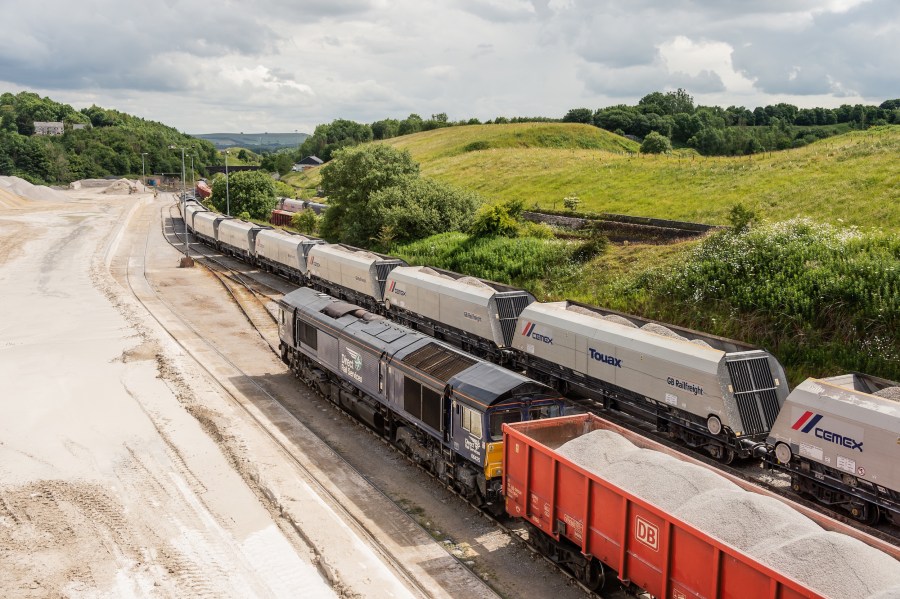Alterations to the supply chain at construction materials company Cemex has reduced fleet-wide CO2 emissions.
Essentially, the number of truck movements have been reduced, in favour of ‘more sustainable transport methods’.
The directive applies to goods being moved all across Europe.
For example, Poland saw a 28% increase in the volume of aggregates transported by rail over the last year.
The material travelled from 11 rail depots to 43 destinations across the country.
As a result, a total of 31 kilotons (kt) of CO2 was saved by using rail instead of road within the supply chain.
Meanwhile, in France, the Cemex business grew the tonnage of aggregates and landfill moved by river barge by 9%.
In the UK, there was a 3% rise in rail freight volumes.
However, this shift still saved 143,000 road movements and nearly 17kt of CO2 from being released into the air.
Finally, Spain has grown its shipped export-import volumes by over 50% in just one year.
The desire to reduce fleet emissions at Cemex is not a new initiative.
In fact, since 2012 the company has increased the amount transported by rail freight in its UK operation by 50%.
Matt Wild, VP of supply chain for Cemex EMEA, explained the company’s stance.
“We have been clear in our intention to cut the carbon emissions generated through our supply chain.”
Wild said that the improvements have been achieved by accelerating a modal shift from road to rail, river and sea freight.
Continuing, he added: “It is therefore very satisfying to see how much our European operations have increased their use of these over the past year.
“These efforts all play a part in our efforts to achieve net zero concrete globally by 2050, as part of our Future in Action strategy.”






